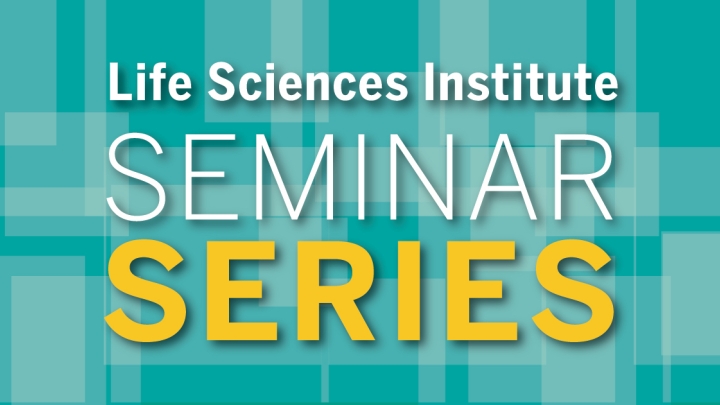
Deciphering the fespective contribution of chromatin and DNA in centromere specification
Centromeres are essential regions of the genome that mediate the accurate segregation of chromosomes during mitosis and meiosis. In most metazoans, centromeres are composed of satellite DNA and transposable elements organized into a specialized type of chromatin marked by the histone H3 variant CENP-A. For the past two decades, the centromere has been thought to be epigenetically specified, with centromeric DNA being regarded as neither necessary nor sufficient for centromere function. However, the respective contributions of chromatin and DNA to centromere formation and propagation have remained elusive. We tested whether ectopic centromeres, which are devoid of centromeric DNA, can be formed and transmitted during Drosophila development and investigated their ability to compete with native centromeres. We induced the formation of ectopic centromeres on integrated lacO repeats to which the CENP-A assembly factor CAL1 is tethered via the Lac Repressor (CAL1-LacI). Ectopic centromeres formed successfully in flies with insertions at discrete chromosomal locations in both euchromatin and heterochromatin. During constitutive tethering, an ectopic centromere on the X chromosome sometimes prevailed, causing the inactivation of the endogenous centromere by DNA loss or HP1-dependent epigenetic silencing. Upon release of CAL1-LacI, however, ectopic centromeres were lost, suggesting out-competition by the native centromere. These results suggest that the presence of the CENP-A epigenetic mark is not sufficient for centromere propagation, pointing to a critical role of the underlying centromeric DNA in long-term centromere inheritance.
About the Speaker
Barbara Mellone received her bachelor’s of science in biology from the University of Milano in Italy, with a thesis on DNA replication in yeast. She then obtained a Ph.D. in molecular genetics from the Medical Research Council in Edinburgh, Scotland, where she studied heterochromatin silencing mechanisms in S. pombe under the mentorship of Robin Allshire. For her postdoctoral training, Dr. Mellone went to the University of California, Berkeley to work with Gary Karpen, where she conducted a genome-wide RNAi screen that identified centromere assembly factors in Drosophila. She joined the faculty of the University of Connecticut in 2009, where she investigates centromere specification mechanisms. Her work to date has revealed how centromeric chromatin is established and how centromeric proteins co-evolve leading to centromere incompatibilities. She was promoted to associate professor in 2015 and was the recipient of the 2016 American Society for Cell Biology Women in Cell Biology Junior Award for excellence in research.


